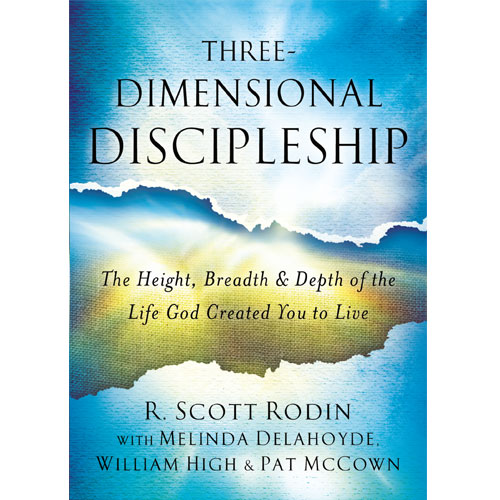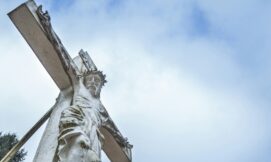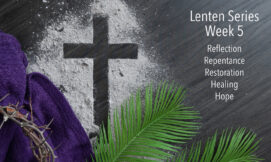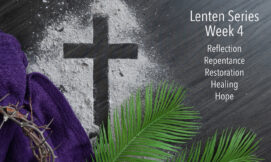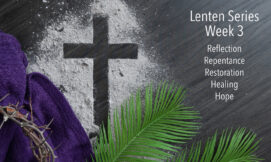Lenten Week 5 – Five Ways to Experience Restoration, Healing and Hope in a Broken World
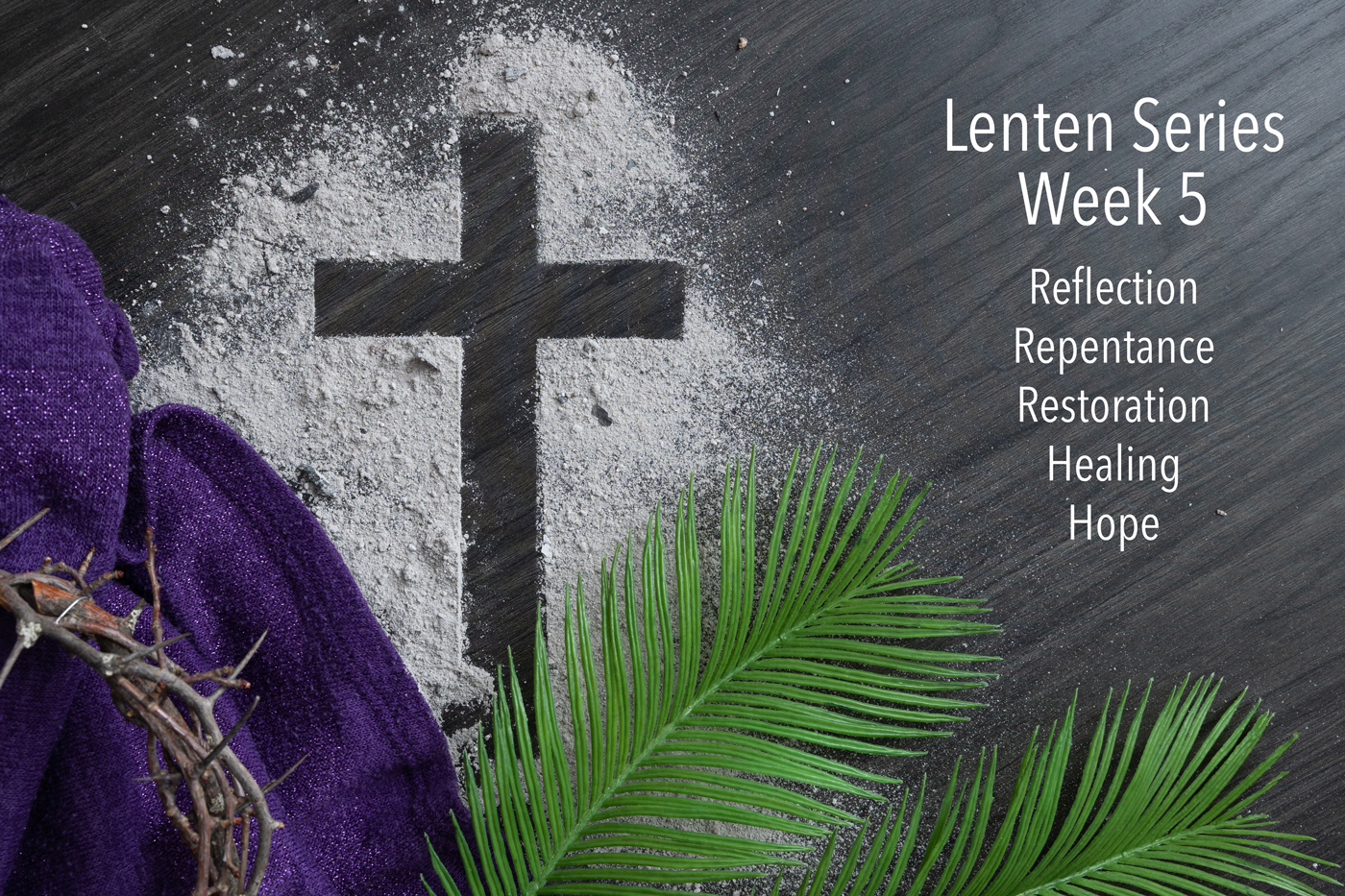
A Lenten Series for Stewards and Steward Leaders
This is our final week looking at how we, as stewards, live and thrive in the challenging times in which we live. My premise is that we are experiencing a level of cultural disintegration and moral chaos the likes of which we have never seen, and that the collateral damage of our times is seen in at least three ways; brokenness, woundedness, and despair.
In response, we are using this season of Lent to reflect on five habits we fall into and our need to repent of each. From this repentance we pray we can find restoration from our brokenness, healing from our woundedness, and hope in place of despair.
In the first four weeks we considered what it means to repent of 1) our tendency to be keepers of our own kingdoms instead of God’s kingdom, 2) of our desire to be self-reliant instead of God-reliant, 3) our self-shaped image instead of finding our identity in Christ alone, and 4) our tendency to use others as means to our own ends instead of ends in themselves.
In this final week, I challenge us to repent of our idols. I define idols as those things in which we place our trust and find our security. In week #2 we looked at self-trust as one of the enemy’s greatest cons. Where else might we be placing our trust? Here’s a few choices. We trust technology to fix the problems in our world. We trust the economy for our jobs. We trust our savings and retirement to support us through the rest of our life. We trust our health to remain and our doctors to restore it when it is lost. None of these are wrong, unless they become our source of security.
Jesus warned us, “Children, how hard it is for those who trust in riches to enter the kingdom of God.” (Mark 10:24)
Paul instructs Timothy, “Command those who are rich in this present world not to be arrogant nor to put their hope in wealth, which is so uncertain, but to put their hope in God, who richly provides us with everything for our enjoyment.” (1 Timothy 6:17)
Our culture has no other place in which to put its trust. Outside of kingdom values, we are thrown back upon ourselves to place our trust in temporal and temporary things. That’s why so few in our culture are ever at peace, and why contentment is so elusive. It must not be so for the follower of Jesus.
Jesus says to us clearly, “So do not worry, saying, ‘What shall we eat?’ or ‘What shall we drink?’ or ‘What shall we wear?’ For the pagans run after all these things, and your heavenly Father knows that you need them. But seek first his kingdom and his righteousness, and all these things will be given to you as well” (Matthew 6:31-33).
Where are you experiencing the fears and anxieties of those who “run after such things?” That is an apt visual description of our culture; running, chasing, and striving after the stuff that they hope will bring them some sense of peace and hope. Having carved their idols in the image of themselves, they pursue anything that promises satisfaction. The unrestrained narcissism of our age knows no limit to the creation and worship of idols that serve the self. If we are not careful, we can get caught up in the same distortion.
This Lent, we must name our idols and identify all sources of misplaced security. And then we must repent, in deepest sorrow for how we have shoved God aside and allowed false gods to take His place. This is serious and distressing work. It requires brutal self-honesty and true humility. Pray for it and refuse to stop until you have experienced the contrition of a soul that’s come face-to-face with its own idolatry. Whether it be money, pride, success, work, or one of the countless forms of escapism that surround us, name your idols and lay them before the cross.
From repentance will come a desire for restoration. This is the work of the Holy Spirit we experience when we thirst for a faith that trusts in God alone. So much of our woundedness comes from idolatry. In the pursuit of wrong things, we harm ourselves and everyone around us. Identify these wounds and seek restoration. If you ask the Holy Spirit for eyes to see your idols you will find them all around you.
Then, finally, rise in hope that springs from an undivided heart. This Lent, let your heart join the Psalmist who calls to God, “teach me your ways, that I may rely on your faithfulness, Grant me an undivided heart, that I may fear your name” (Psalm 86:11).
That is a fitting place to end this five-part Lenten series – fearing God. In the end, all sin can be defined as fearing something else more than God. May our journey to the cross next week work in us a holy awe, a sacred wonder, a divine astonishment at the love and mercy of God. This is the fear of God that redeems, restores, heals, and ultimately hopes. It is only found at the foot of the cross Our Lenten journey ends with the words of Isaac Watts,
When I survey the wondrous cross
On which the Prince of glory died,
My richest gain I count but loss,
And pour contempt on all my pride.Forbid it, Lord, that I should boast,
Save in the death of Christ my God!
All the vain things that charm me most,
I sacrifice them to His blood.See from His head, His hands, His feet,
Sorrow and love flow mingled down!
Did e’er such love and sorrow meet,
Or thorns compose so rich a crown?Were the whole realm of nature mine,
That were a present far too small;
Love so amazing, so divine,
Demands my soul, my life, my all.

